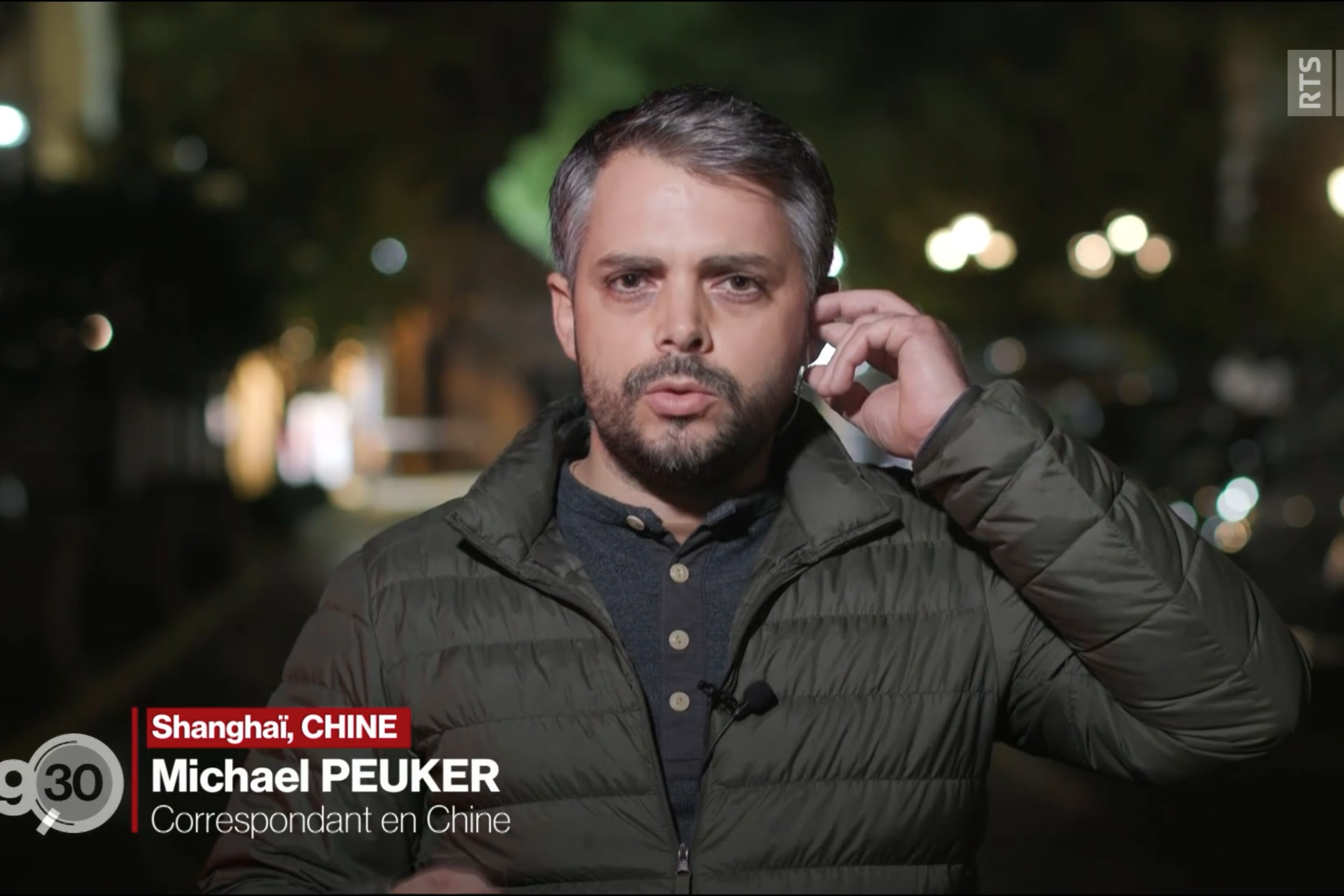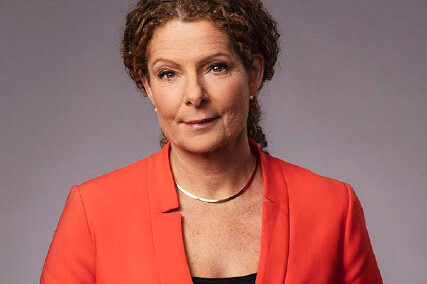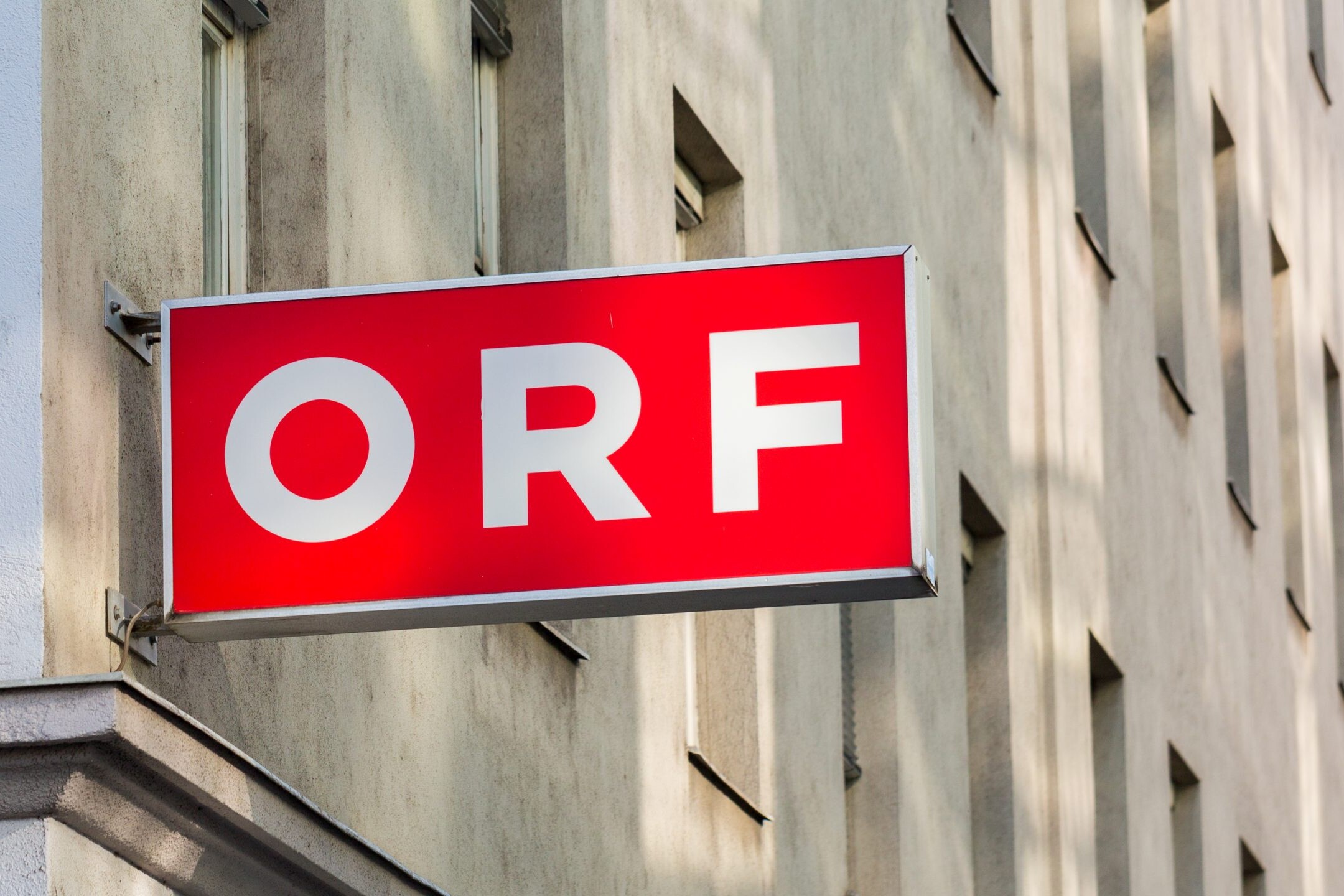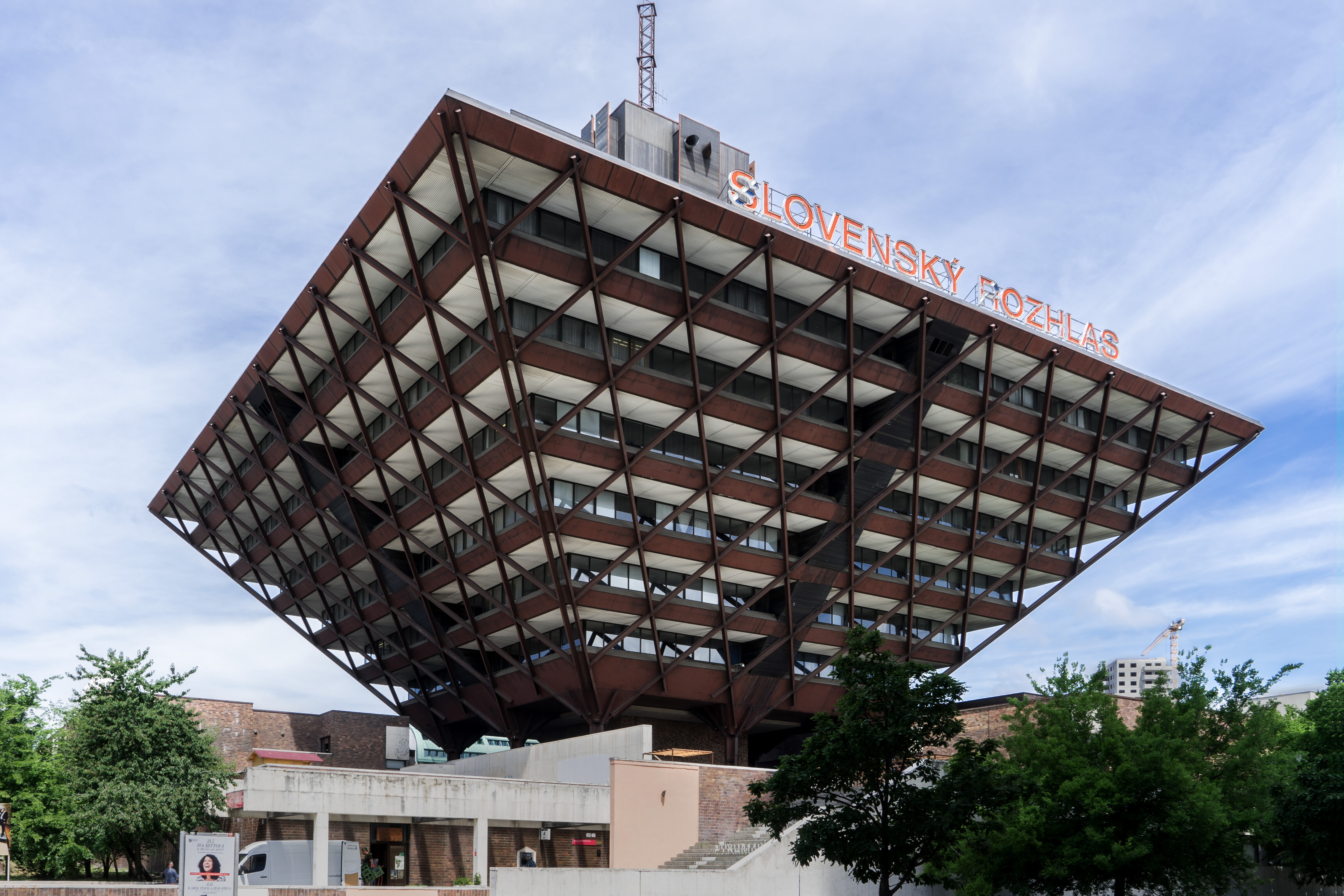MEMBER BLOG
Cilla Benkö reflects on her tour of Central Europe in connection with press freedom day
17th May 2023
Journalists exposed to verbal attacks, major financial challenges for media and public service under varying degrees of political pressure. These are challenges for Austria, Slovakia and the Czech Republic. Swedish Radio’s CEO Cilla Benkö writes about her visits to these three countries in Central Europe in connection with this year’s International Press Freedom day on May 3.
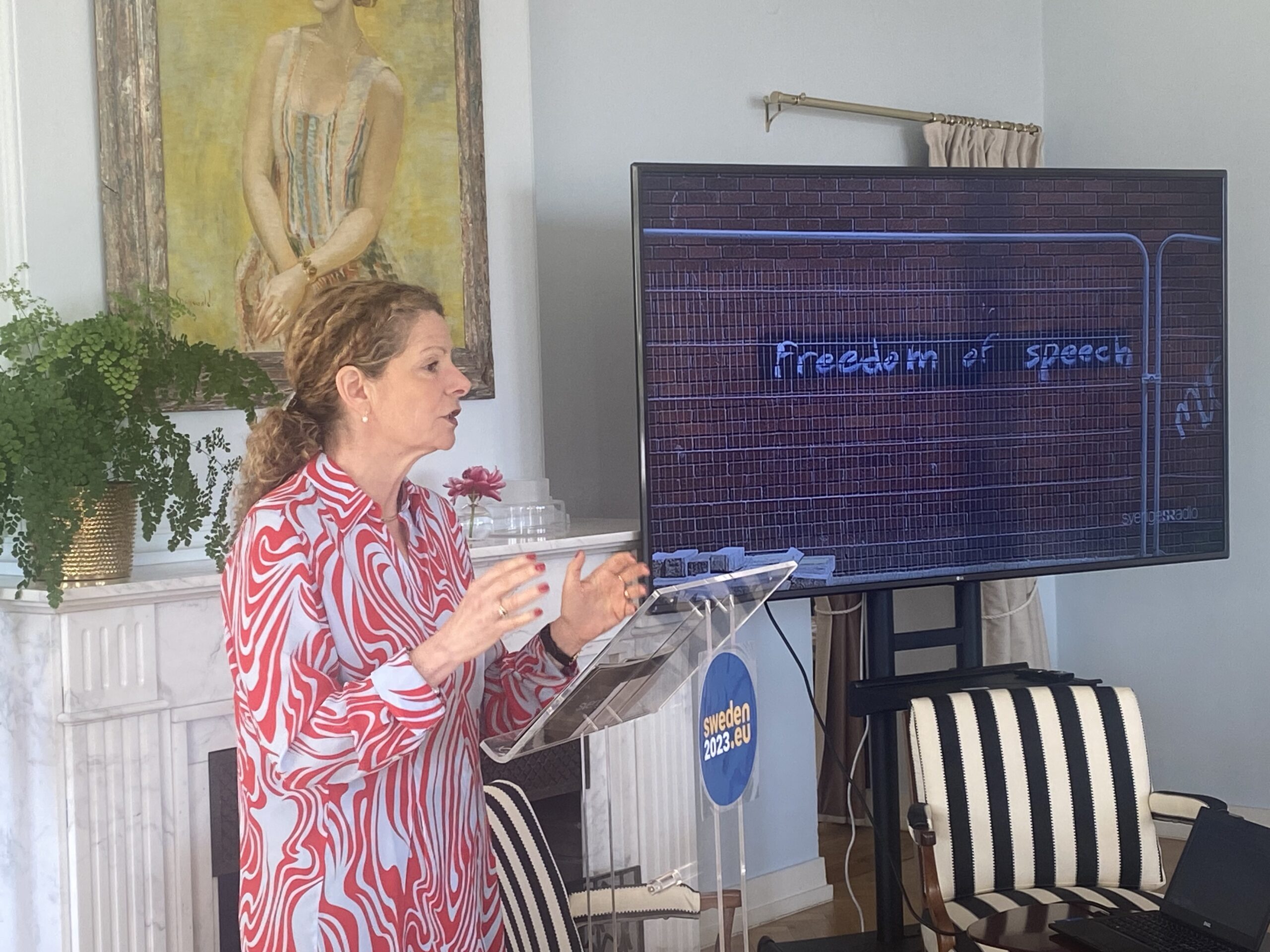
This blog was originally published on Swedish Radio and is republished with permission.
By Cilla Benkö, CEO of Swedish Radio
Ensuring that journalists have the opportunity to work freely has become one of my main concerns as CEO and Director General of Swedish Radio. As a representative of a public service broadcaster. I also feel that it is both natural and urgent to take responsibility and work for a development that benefits all media. Because if I, as a high-ranking media manager, do not take responsibility for raising and pushing these issues, who will?
In connection with the International World Press Freedom Day 2023, I traveled to Vienna, Bratislava and Prague to, in cooperation with the Swedish Embassies, highlight how important media freedom is for a democratic and prosperous society. Three days, three countries and three different conditions for press freedom and the journalists working in these countries.
In recent years, Austria has been rocked by several scandals where inappropriate personal contacts between politicians and journalists have been revealed. As recently as November, the head of the public service company ORF’s major news program Zeit im Bild was forced to resign after a text message conversation between him and the former vice chancellor Hans-Christian Strache from the right-wing populist FPÖ became public. And that there is a problem in Austria with too much proximity between politics on the one hand, and the media on the other hand, something that became clear during my meetings with journalists in the country.
Read more: Cilla Benkö: We must all be the guardians of freedom of the press (Insight)
In Slovakia, just a short 50-minute drive away, the murders of investigative journalist Ján Kuciak and his fiancee Martina Kušnírová in 2018 have put the issue of journalists’ safety high on the agenda. Five years ago, the murders sparked major protests, with fed-up Slovaks filling the streets. Judges, leading politicians and police chiefs had to resign in the aftermath, and the new government promised to improve journalists’ working conditions and crack down on corruption. Some things have improved, and Slovakia has climbed the Reporters Without Borders press freedom index. But development in the country, which is in a shaky political situation, is slow. On May 7, Slovakia’s prime minister resigned with his transitional government and among Slovak journalists there is now great concern about what will happen if the openly anti-journalist opposition leader, leftwing populist Robert Fico, returns to power at the election in September.
The pressure on the EBU member company RTVS is particularly great. The CEO at the company is politically appointed, and during RTVS’s 30-year history, no less than 23 different managers have held the position. The company has long been underfunded, and the former interim government recently decided on new funding via the state budget. But what will happen now, and after the elections in September, is very uncertain. In parallel, verbal attacks against journalists flow from politicians of all camps, and those in power unrestrainedly call the newsrooms and try to influence the content.
It is important to always be aware that what takes time to build up can quickly be torn down.
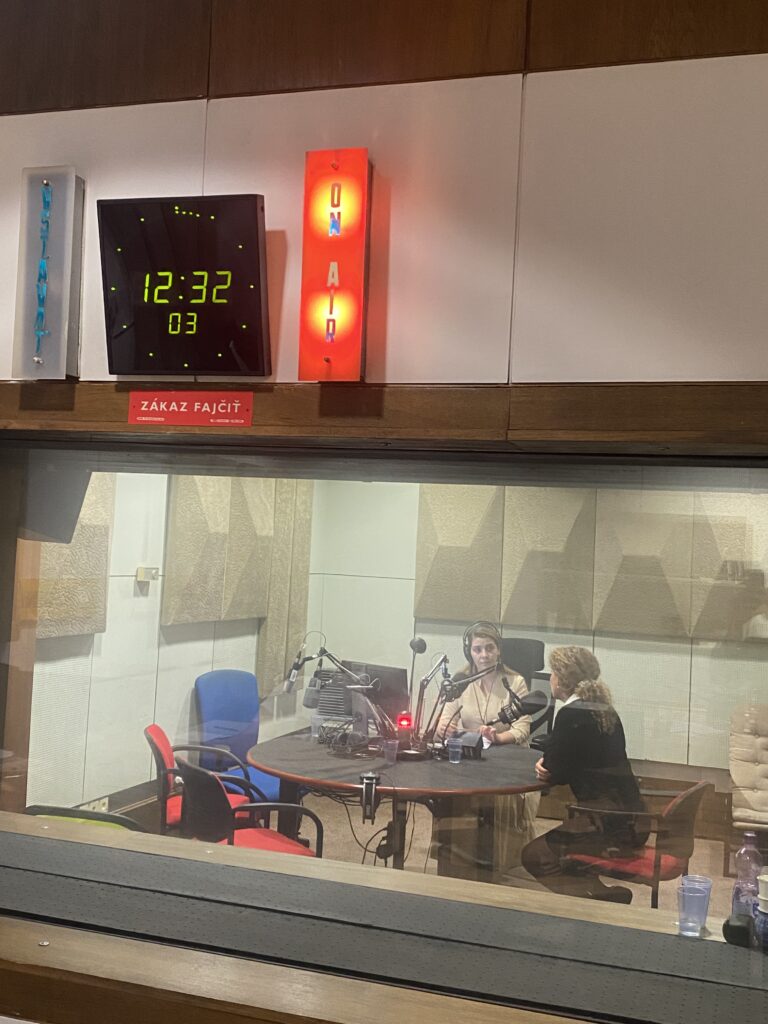
“We are supposed to be a public service company, but it is only on paper. We are perceived entirely as a state medium,” said the company’s head of news, Anna Sámelová, in a clearly critical comment at a press freedom event at RTVS, which was attended by politicians and civil servants as well as high-ranking international diplomats and the Slovak media industry.
In the Czech Republic, the situation for the media has improved significantly in recent years since former Prime Minister Andrej Babiš, one of the Czech Republic’s richest men, lost the 2021 election – likely as a result of corruption charges leveled against him. During his time in power, Andrej Babiš tried, among other things, to influence the content of Czech public service, and to depose Petr Dvořák, the head of the public service company Czech Television.
The new government has promised to work to strengthen democracy by strengthening the independence of the public service and countering disinformation, and in March this year the notoriously journalist-critical president Miloš Zeman handed over power to a new president. But at the same time, the financial challenges for both public service and the commercial media are great in the Czech Republic, while journalists, after years of verbal attacks from the political side, have become targets of mistrust as well as verbal and physical attacks.
For me, it was three intensive days at the beginning of May where I had the opportunity to highlight the importance of free media and public service independence. But the trip also brought new impressions. There are of course lessons to be taken to Sweden as well. For every visit and conversation I take part in, it strengthens my belief in, and arguments for, media freedom also at home. Not least, it is important to always be aware that what takes time to build up can quickly be torn down.
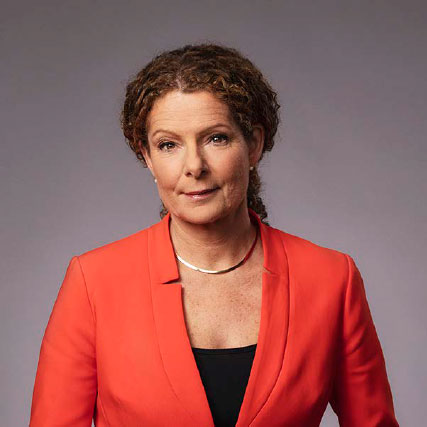
About the author
Cilla Benkö is the CEO of Swedish Radio.
Our thanks to Ms. Benkö for providing this report.
Related Posts
3rd May 2023
Cilla Benkö: We must all be the guardians of freedom of the press
Having free access to information is…
